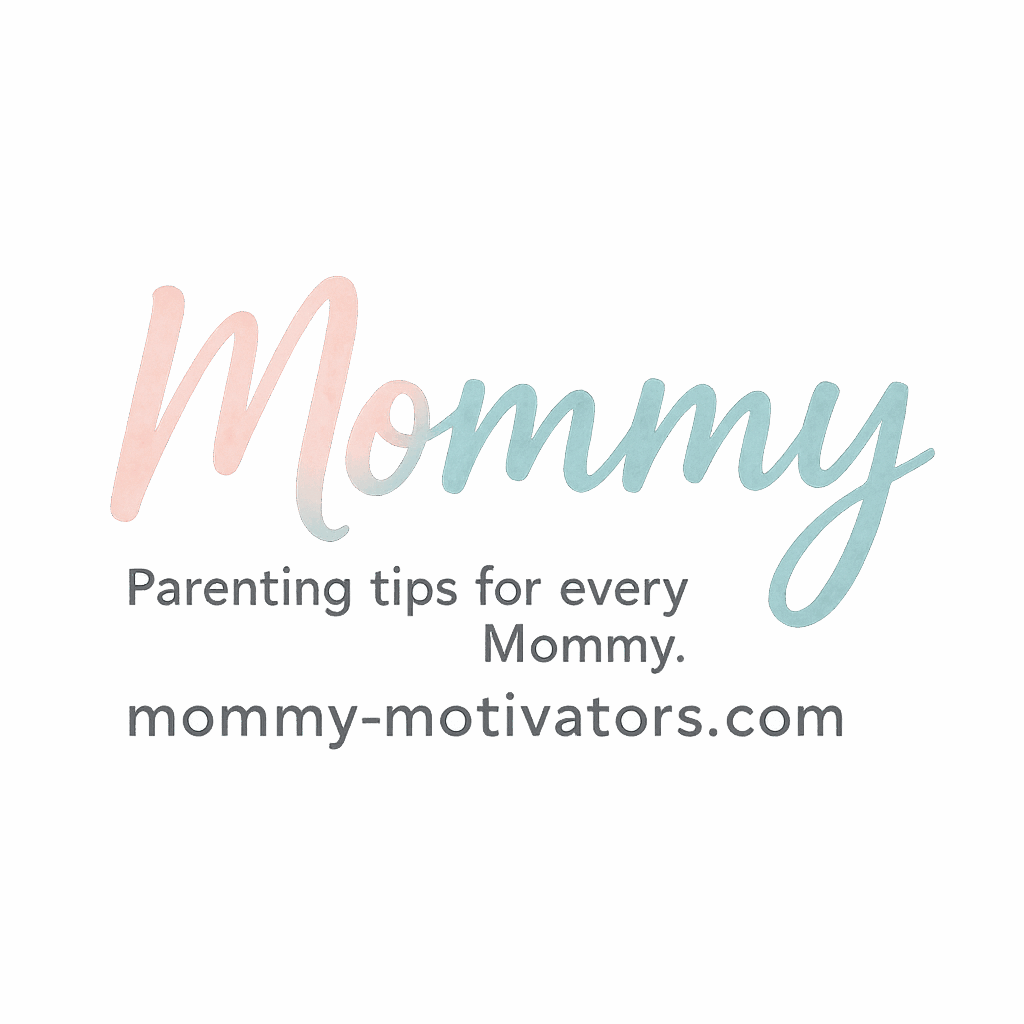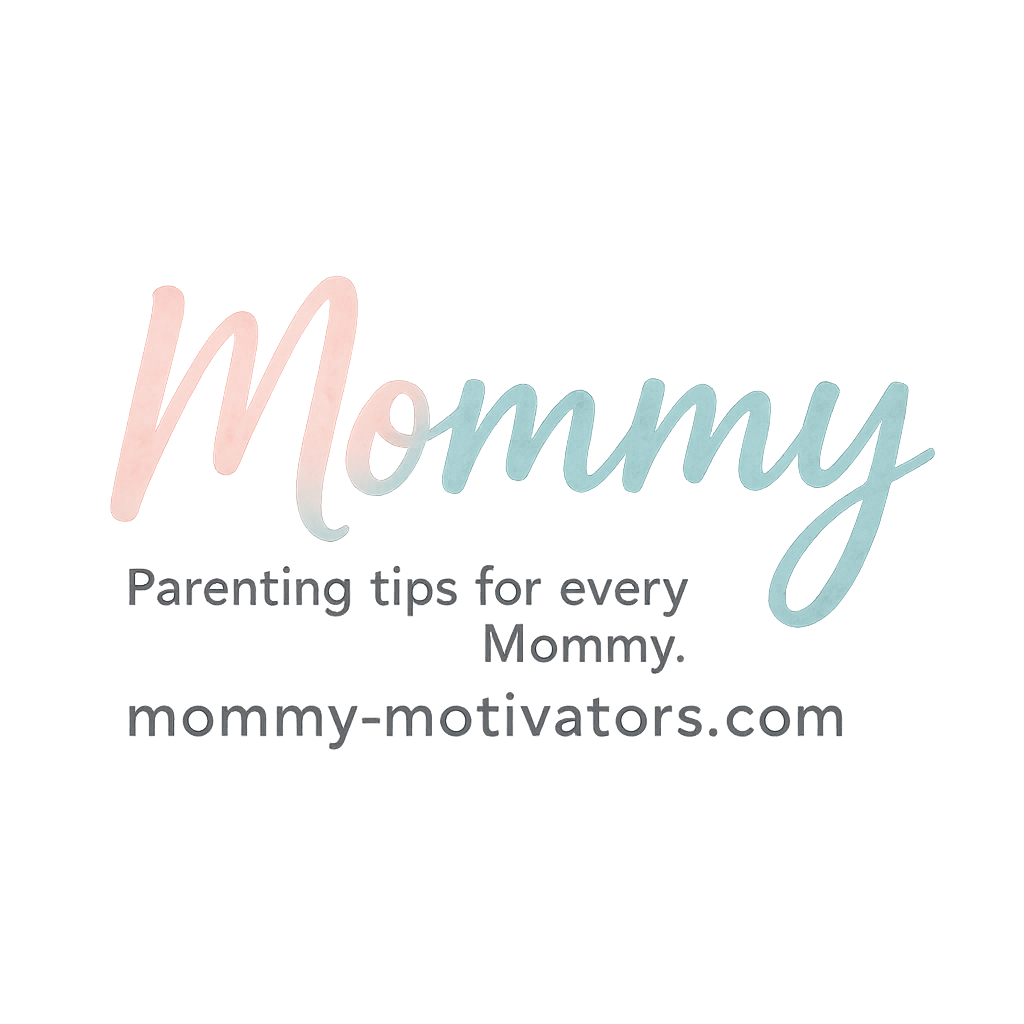Introduction
Breastfeeding can be one of the most rewarding aspects of motherhood, but let’s face it—it’s not always as smooth and easy as it’s made out to be. New moms often find themselves struggling to balance the demands of breastfeeding with other challenges, such as sleepless nights, the emotional rollercoaster of motherhood, and trying to recover from childbirth. If you’ve been feeling overwhelmed by the whole process, rest assured, you’re not alone!
In this article, we’ll explore 9 practical breastfeeding tips that can help make the experience more manageable, comfortable, and enjoyable for you and your little one. Whether you’re a first-time mom or an experienced mom navigating a new breastfeeding journey, these tips are designed to offer support and encouragement.
1. Understanding the Challenges of Breastfeeding
Why Breastfeeding is Demanding for New Moms
Breastfeeding may be natural, but it’s far from easy. It requires a lot of effort, patience, and practice. Many new moms face challenges, including sore nipples, exhaustion, and worries about milk supply. If you’re feeling overwhelmed, it’s essential to understand that you’re not alone. This is a common part of the journey, and it does get better with time and support.
Common Struggles Moms Face During Breastfeeding
From cracked nipples to the fear of not having enough milk, breastfeeding comes with its fair share of challenges. Learning about effective discipline and behavior tips early on can help you navigate these struggles and keep your confidence up. Remember, most issues are temporary and can be overcome with the right approach and a bit of patience.
2. Create a Comfortable and Calm Space
Setting Up a Cozy Feeding Area
One of the simplest ways to reduce the stress of breastfeeding is by setting up a designated feeding space. Whether it’s a quiet corner in the living room or a cozy nursery chair, having a dedicated area will help create a sense of routine. You can even check out some daily routines and habits for inspiration on how to make this space functional and stress-free.
The Importance of a Relaxed Environment
Your baby can pick up on your stress, which can make feeding more challenging for both of you. A calm, comfortable environment encourages relaxation and makes breastfeeding easier. Consider soft lighting, cozy blankets, and a good book or soothing music to create a peaceful atmosphere.
3. Seek Support from Your Partner or Loved Ones
How Your Partner Can Help During Breastfeeding
Breastfeeding may be your baby’s job, but you don’t have to do it all alone. Your partner can assist by taking on other responsibilities, like discipline and behavior tips or simply helping with household chores while you focus on nursing. When your partner is actively involved, it eases some of the pressure on you and allows you to enjoy your breastfeeding experience.
The Power of Encouragement from Family and Friends
Don’t hesitate to lean on your family and friends for support. A kind word or even just knowing someone is there to lend a hand can make a huge difference. Mommy self-care and mental health are essential during this time, so don’t be afraid to ask for help.
4. Learn to Recognize Hunger Cues
The Subtle Signs Your Baby is Hungry
One key to making breastfeeding more manageable is recognizing your baby’s hunger cues early. Instead of waiting for the crying to start, look for signs such as rooting, sucking on hands, or turning their head toward your breast. Early feeding helps avoid unnecessary stress for both you and your baby.
How Early Feeding Helps Prevent Stress
By responding to your baby’s cues early, you can avoid the stressful situations that occur when your baby is crying and frantic. The sooner you can feed, the smoother the process will go, leaving you both feeling more relaxed and connected. If you’re unsure about signs of hunger, check out these learning and development tips for better insight into your baby’s needs.

5. Stay Hydrated and Nourished
The Link Between Nutrition and Milk Supply
Breastfeeding demands energy, and staying properly nourished is essential to keeping up your milk supply. Eating a balanced diet with enough vitamins and minerals helps ensure you have enough energy for both you and your baby. Self-care isn’t just about mental health—it’s about physical well-being, too.
Foods and Drinks that Can Boost Your Milk Supply
Certain foods can help boost your milk supply. Oats, almonds, and leafy greens are known to support lactation. Drinking herbal teas like fenugreek can also help. For more tips on maintaining a healthy balance during breastfeeding, you can check out some essential self-care tips.
6. Practice Proper Breastfeeding Techniques
Getting the Latch Right
A good latch is crucial for successful breastfeeding. If your baby’s latch is shallow, it can lead to sore nipples and ineffective feeding. Make sure your baby’s mouth is wide open before latching, and ensure that the nipple is deep inside their mouth. Proper latching will also make your milk flow more effectively. For additional guidance, check out growth and development tips.
Comfortable Positioning for You and Baby
Positioning matters just as much as the latch. Experiment with different positions to find what works best for both you and your baby. Whether it’s the cradle hold, cross-cradle hold, or side-lying position, the key is comfort. Routine and schedule adjustments may help you find a rhythm that works for both of you.
7. Know When to Ask for Help
Professional Help from Lactation Consultants
If you’re experiencing difficulties, don’t hesitate to reach out to a lactation consultant. These professionals are trained to help with a range of breastfeeding issues, from latch problems to milk supply concerns. They can offer personalized advice and support to help you feel more confident in your breastfeeding journey. You can also explore parenting tips to ensure you’re on the right track.
When to Seek Advice from a Pediatrician
If you’re worried about your baby’s feeding or growth, consulting your pediatrician is a good idea. They can offer guidance and rule out any underlying issues. And remember, there’s no shame in asking for help!
8. Take Care of Your Mental Health
Managing Stress During Breastfeeding
Breastfeeding can be physically and emotionally exhausting, which is why taking care of your mental health is essential. It’s okay to feel overwhelmed, and it’s okay to take breaks. Self-care isn’t just a luxury—it’s vital. Consider practicing stress relief tips to help keep anxiety at bay.
The Importance of Self-Care for Moms
You can’t pour from an empty cup. That’s why focusing on your well-being is so important. Whether it’s taking a quiet moment for yourself or engaging in an activity you enjoy, making time for self-care will help you stay energized and emotionally grounded. For more ideas, check out our mental health resources for new moms.
9. Trust Your Instincts
Overcoming Doubt and Guilt
It’s natural to question whether you’re doing everything “right.” But the truth is, there is no one-size-fits-all approach to breastfeeding. Trust your instincts and remember that you know your baby best. Behavioral tips can guide you in finding your own way, but ultimately, you’re the expert on your baby’s needs.
Trusting Your Body and Baby
Your body was designed for this, and your baby’s instincts are guiding the way. Trust that, together, you and your baby will figure it out. It’s a learning process for both of you, and with time, it will become second nature.
Conclusion
Breastfeeding can be challenging, but with the right mindset and support, it can also be incredibly rewarding. By creating a comfortable environment, seeking help when needed, staying nourished, and trusting your instincts, you can make breastfeeding a smoother experience. Remember, you’re doing a great job! With a little patience and perseverance, you’ll soon feel more confident in your ability to nourish your baby.
FAQs
- How often should I breastfeed my baby?
It’s recommended to breastfeed on demand, usually every 2-3 hours, but it can vary depending on your baby’s needs. - How can I tell if my baby is getting enough milk?
Signs include steady weight gain, plenty of wet diapers, and your baby being content after feeding. - What should I do if my baby refuses to breastfeed?
Stay calm, offer the breast when your baby is relaxed, and consult a lactation consultant for further advice. - Is it normal to feel overwhelmed during breastfeeding?
Absolutely! It’s a common feeling, and asking for help can make a big difference. Look into mental health support if needed. - How can I increase my milk supply?
Stay hydrated, eat a nourishing diet, and breastfeed frequently. A lactation consultant can also help if you’re concerned. - Can I breastfeed if I’m feeling stressed or anxious?
Stress can affect milk supply, so managing stress through self-care is essential. - When should I introduce a bottle?
It’s generally best to wait until breastfeeding is well-established, around 4-6 weeks, before introducing a bottle.


